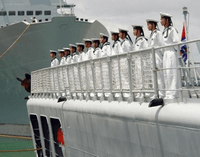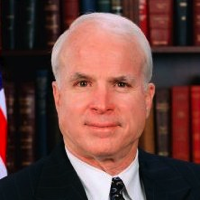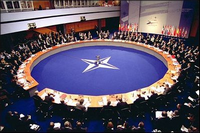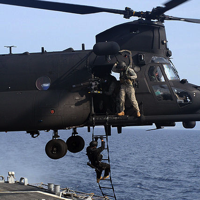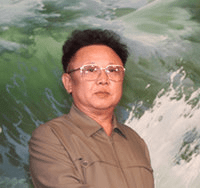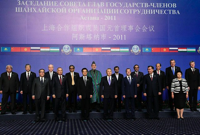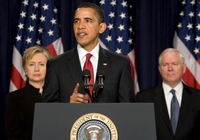
President Barack Obama’s speech Wednesday evening announcing America’s policy toward Afghanistan in the coming year is another manifestation of his “Just Enough” doctrine, by which he takes “only those steps that are likely to produce a satisfactory outcome, rather than guaranteeing an optimal one.” It helps, of course, that Obama’s December 2009 West Point speech announcing the Afghanistan surge did not set very strict criteria for U.S. success. In his remarks two days ago, he reiterated those benchmarks: a U.S. effort designed “to refocus on al-Qaida; reverse the Taliban’s momentum; and train Afghan Security Forces to defend their own country.” […]

